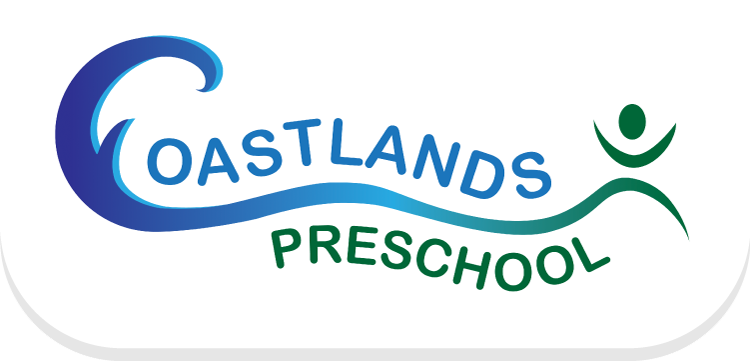Board games are not just a way to pass the time on a wet day during a power cut. They’re a rich, almost unsurpassed learning opportunity.
Consider the very old and well-known game snakes and ladders (alternatively called chutes and ladders). Sit down with your children to play it and they will learn obvious academic skills, like:
- number identification and counting;
- colour recognition;
- shape recognition; and
- ordering (that larger numbers are further along the number line than smaller numbers).
But, there’s a whole host of social and developmental skills being absorbed too, like:
- eye-hand coordination and manual dexterity (throwing the dice);
- visual discrimination;
- sharing and taking turns;
- language development;
- reasoning and logic;
- communication;
- fun; and even
- luck, chance and probability!
(Turn-taking is a particularly important skill for preschool children, both for socialising with playmates and for conducting conversations with others.)
Board games will also strengthen your child’s ability to focus, increase their attention span, and give them a fun way to consider moral issues like fair play, obeying the rules, cheating, and being a gracious or sore loser.
Of course, other games can be used to add further skills, perhaps:
- letter recognition;
- grouping;
- matching; or
- patterns.
In fact, if you’re wishing to work on a specific skill for your child you can always find a game to suit.
Board games are a golden opportunity for you and your family to spend unhurried, enjoyable time together - all while helping your child master new skills and concepts.

